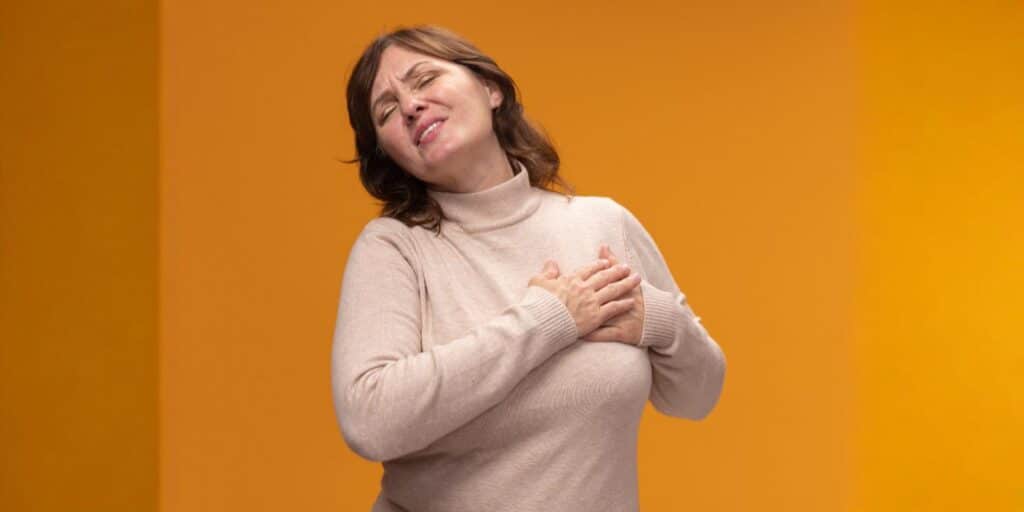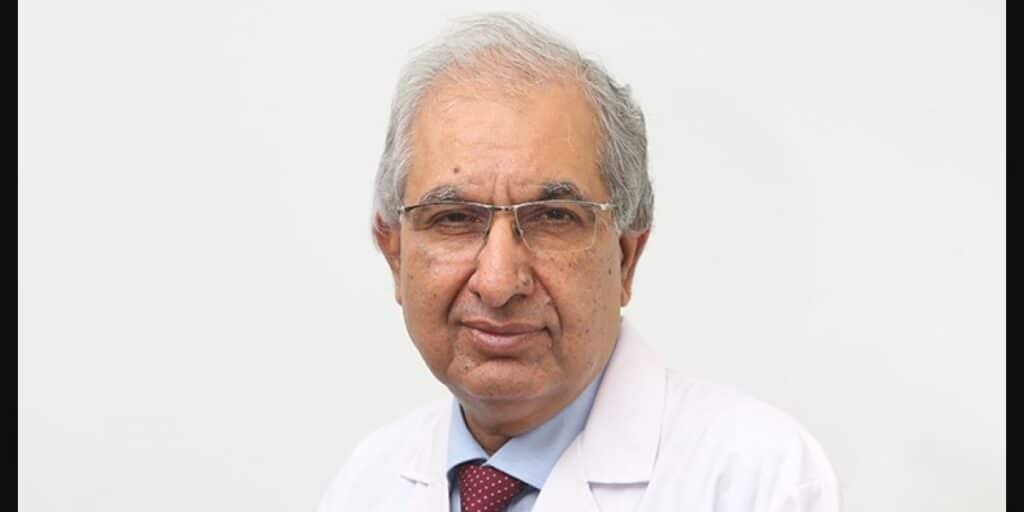Latest
FACT CHECK: Is folic acid harmful as Barbara O’Neill claims?
Medical research confirms that folic acid, when taken as recommended, is safe and crucial for women’s health
Author
Author
- admin / 1 day

- 0
- 3 min read

Barbara O’Neill, a prominent figure in alternative medicine circles, has urged women to reconsider using folic acid supplements, claiming that excessive intake may pose health risks. Posting on X, she advises that nutrients should be obtained from food rather than pills.
“Think twice before reaching for your folic acid supplement,” she warns, suggesting that isolated supplements are always synthetic.
O’Neill also cited “numerous studies” that she says show a strong correlation between excessive folic acid intake and certain health conditions, but she has not linked any of the said studies.
However, according to medical experts, folic acid is not harmful.
“Folic acid does get produced synthetically but that does not make it harmful,” Dr Nutan Aggarwal, professor of gynecology and previously medical superintendent at AIIMS, told First Check. “It is the man-made form of folate. It is based on vitamin B found naturally in foods such as leafy greens, beans and citrus fruits.”
She, however, cautioned against taking folic acid without a doctor’s prescription.
“Scientific research does indicate that extremely high doses of folic acid can mask symptoms of vitamin B12 deficiency and, in rare cases, may be linked to an increased risk of certain cancers,” Dr Aggarwal said. “However, these effects are associated with chronic overconsumption, not with the levels found in standard prenatal or multivitamin supplements.”
WHO, CDC bat for folic acid
Leading health organizations, including the Centers for Disease Control and Prevention and the World Health Organization, recommend folic acid supplementation for women of childbearing age. Decades of research show that taking folic acid before and during early pregnancy significantly reduces the risk of neural tube defects, such as spina bifida, in newborns. Public health authorities also state the benefits of folic acid supplementation at recommended doses far outweigh the potential risks for most women.
O’Neill’s advice to rely solely on dietary sources of folate does not reflect the reality that many women do not get enough folate from food alone. This is why folic acid is added to many grain products in countries such as the United States and Australia, a policy credited with reducing rates of neural tube defects.
O’Neill has previously been banned from providing health advice in Australia after an official investigation found she promoted unsupported and potentially dangerous health practices. She does not hold recognized medical qualifications.
Based on First Check’s conversation with the experienced gynecologists we conclude that moderation and consulting with a medical practitioner is important with any supplement. Barbara O’Neil’s recommendation contradicts established medical guidance and could put women and their babies at risk, therefore it is false. Standard folic acid supplementation remains a safe and effective public health measure for most women, especially those planning pregnancy.










